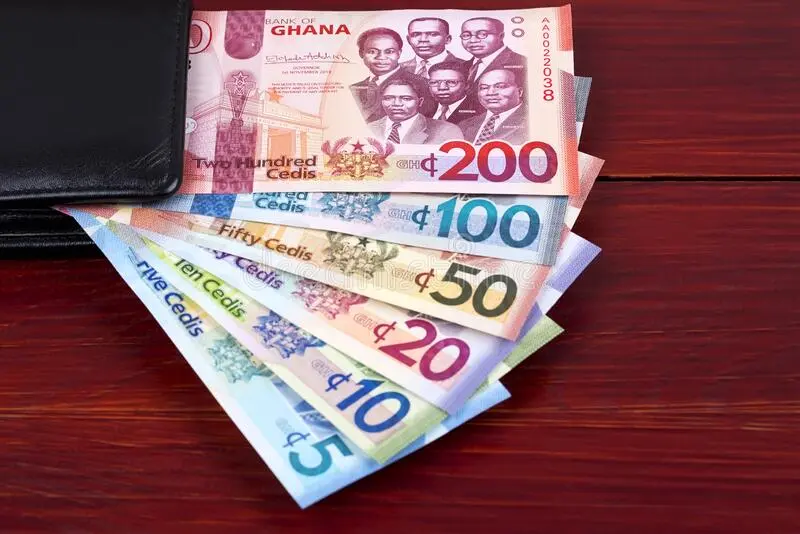Recent fluctuations in the value of the US dollar have had a significant impact on the Ghanaian economy, leading to a notable strengthening of the Ghanaian cedi.
According to Dr. Thomas Appiah, a senior lecturer and economist at the Ghana Communication Technology University College (GCTU), the devaluation of the US dollar is a direct result of the ongoing tariff war initiated by former President Donald Trump’s administration.
During an interview with Media General’s subsidiary, Connect FM in Takoradi, Dr. Appiah explained that the US currency has been losing value due to unfavorable policies, including the tariff war, which has been affecting the global market.
He noted, “Our gross international reserve is about $9 billion, and that could be used to shore up the cedi.
Again, the US dollar is devaluing on the international market… certainly resulting from some unfavorable policies Donald Trump is effecting. The tariff war is affecting the dollar. So, while the US dollar continues to fall, our cedi is regaining its value.”
As of May 5, 2025, the US dollar was valued at GH13.89, a 2.46% drop from the end of April 2025, signaling a favorable shift for the cedi. This comes as part of the wider trend of the cedi’s strengthening, which has been particularly noticeable in recent months.
Dr. Appiah also pointed to the policies implemented by the Ghanaian government, which have been contributing to boosting investor confidence in the local economy.
“The policies implemented by the government are boosting investor confidence in the Ghanaian economy. This is very typical when there is a new political administration in place,” he said. His optimism suggests that the current economic trend is likely to continue, benefiting the people of Ghana in the long run.
He added, “We are hoping this trend continues, as it would benefit us all.”
Despite the positive momentum, Dr. Appiah acknowledged that it will take some time for the benefits to be fully felt by the public.
He explained, “It will take some time…sometimes about 3 months for you to feel it in your pockets. Fuel prices are dropping, and so Ghanaians are expecting a drop in transport fares.
Transport fares have a rippling effect on prices of general goods, so as soon as that happens, the impact will be felt by all. It is a matter of time. Ghanaians should give the government some time with this.”
As the value of the cedi strengthens and inflationary pressures ease, the Ghanaian public can look forward to lower transport costs and more affordable goods in the coming months.
Dr. Appiah’s analysis presents a hopeful outlook for the country’s economy, with the potential for continued growth and stability.
In conclusion, while the ongoing tariff war and the devaluation of the US dollar have played a role in the cedi’s recent gains, the government’s policies are helping to foster a more favorable economic climate.

